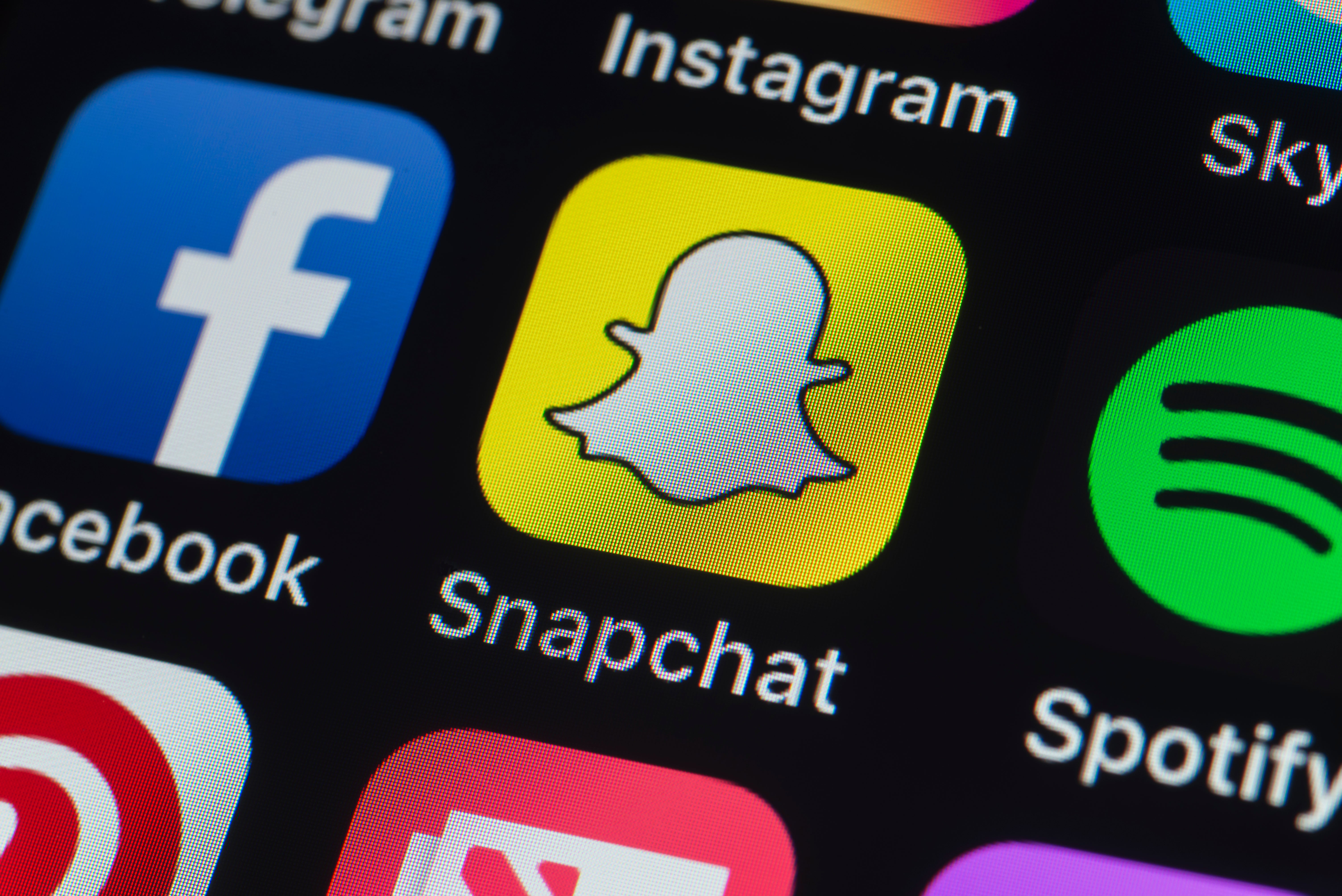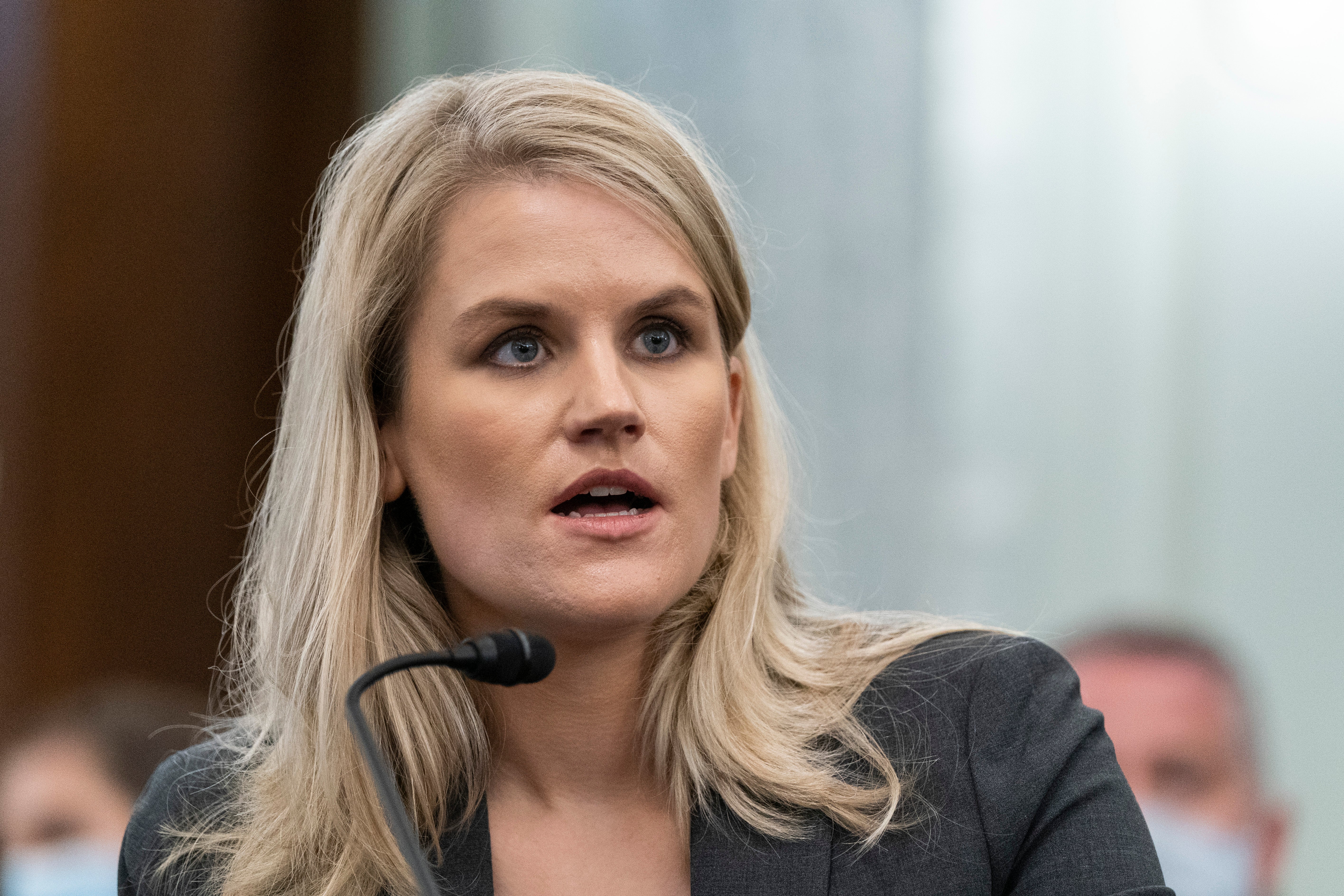Mother sues social media companies after daughter dies by suicide
11 year old girl’s death was a direct result of Instagram and Snapchat’s ‘inaction and deliberate addictive design’, lawsuit says

Your support helps us to tell the story
From reproductive rights to climate change to Big Tech, The Independent is on the ground when the story is developing. Whether it's investigating the financials of Elon Musk's pro-Trump PAC or producing our latest documentary, 'The A Word', which shines a light on the American women fighting for reproductive rights, we know how important it is to parse out the facts from the messaging.
At such a critical moment in US history, we need reporters on the ground. Your donation allows us to keep sending journalists to speak to both sides of the story.
The Independent is trusted by Americans across the entire political spectrum. And unlike many other quality news outlets, we choose not to lock Americans out of our reporting and analysis with paywalls. We believe quality journalism should be available to everyone, paid for by those who can afford it.
Your support makes all the difference.Warning: This story contains references to youth suicide
The mother of an 11-year-old girl who died by suicide after being bullied online is suing social media giants Meta and Snap.
The wrongful-death lawsuit alleges Meta, which owns Facebook and Instagram, and Snap, parent company of Snapchat, the child’s death was a direct result of the platforms’ “inaction and deliberate addictive design”.
Selena Rodriguez, of Enfield, Connecticut, died on 21 July last year after struggling with an “extreme addiction” to Instagram and Snapchat for two years, according to a statement from the Social Media Victims Law Center (SMVLC), who filed the complaint in a US district court in California this week.
Her addiction to social media worsened during the Covid-19 pandemic, the statement said, due to the “constant 24-hour stream of notifications and alerts”, causing her to experience severe sleep deprivation.
Selena was “constantly solicited” for sexually exploitive content on the platforms, the statement said.
After she succumbed to the pressure and sent sexually explicit images of herself to another person on Snapchat they were shared with her classmates, “increasing the ridicule and embarrassment she experienced at school”.
“As a result, Selena was hospitalised for emergency psychiatric care and experienced worsening depression, poor self-esteem, eating disorders, self-harm, and ultimately, suicide.”

SMVLC founder Matthew P. Bergman said both companies had failed to implement safeguards from harmful and exploitive content in place, and must be held accountable to prevent more tragedies.
Mr Bergman cited testimony from whistleblower Frances Haugen who told Congress in October that Instagram’s parent company Meta specifically tried to get young children hooked to the platform while pursuing profit over safety.
“Internal documents and testimony before Congress by a former employee reveal that Meta Platforms was fully aware of the flaws and addictive properties of its social media platforms and failed to adequately design their products to protect minor users from harm,” Mr Bergman said.
“Selena’s suicide is a direct result of the inaction and deliberate addictive design of these social media platforms to prey on vulnerable children.”
The lawsuit also stated the social media giants had failed to verify users age and identity and provide advice to parents about the dangerous and problematic usage of social media.
Last year, Ms Haugen secretly copied a trove of internal Facebook documents before leaving the company and had her lawyers file complaints with the Securities and Exchange Commission alleging that Meta Platforms hides what it knows about the negative effects of its platform.
In a statement, a Snap spokesperson told The Independent: “We are devastated to hear of Selena’s passing and our hearts go out to her family.”
The spokesperson said while they couldn’t comment on active litigation, Snapchat was designed to help users communicate with their friends without the “public pressure and social comparison features” of other platforms and makes it harder for strangers to contact children.
The Independent has contacted Meta Platforms for comment.



Join our commenting forum
Join thought-provoking conversations, follow other Independent readers and see their replies
Comments